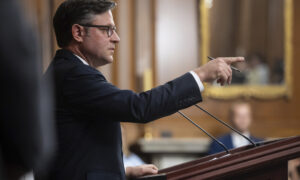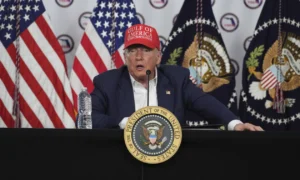Last week, an individual with political motives gained access to Columbia University’s data systems. They stole several student papers and momentarily disabled the school’s computer systems, according to an official from the institution.
Students and faculty were unable to access their email, course materials, or video conferencing software for many hours on June 24 due to extensive network failures caused by a cyberattack. Several public monitors throughout the Manhattan campus displayed images of President Donald Trump’s happy visage on the same day.
The political underpinnings of the attack remained a mystery, according to a Columbia official. Nevertheless, they detailed a very intelligent “hacktivist” who, for political reasons, had accessed private student information.
According to the representative, it is yet unknown whether the Trump photo display was affected by the data hack.
“The University community and anyone whose personal information was compromised will be informed of our findings as we investigate the extent of the apparent theft,” the institution announced.
The hack occurs at a time when Columbia University is already under fire from the Trump administration, which has threatened to withhold $400 million in federal funding due to the school’s alleged inability to safeguard Jewish students.
A potential settlement is now being discussed in negotiations. Among the many changes that Trump has requested, the institution has agreed to reorganize its policies regarding student discipline and demonstrations and to assign additional oversight to the Middle East studies department.
For a short while in March, student admission data appeared on the website of New York University as a consequence of a cyberattack. The supreme court’s ruling outlawing affirmative action in college admissions was the motivation, according to the hacker who claimed responsibility for the attack on social media.
At the time, a representative from New York University stated that the information posted on the university’s website was “inaccurate and misleading,” and that the institution “scrupulously complies with the law.”







